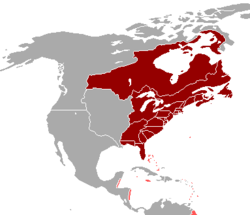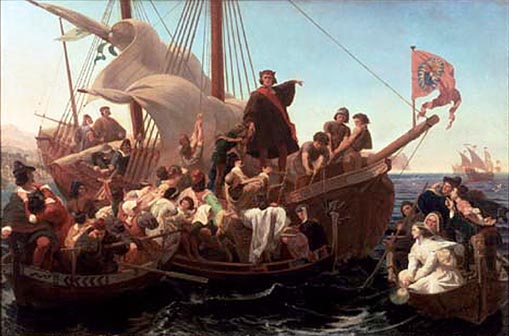Why isn't Puerto Rico a state?

Have you ever wondered why Puerto Rico is not a state in the United States? Despite its close ties to the US, Puerto Rico remains a territory rather than a fully-fledged state. In this article, we will explore the historical and political reasons behind Puerto Rico's status as a territory.
One of the main reasons why Puerto Rico is not a state is rooted in history. In 1898, Puerto Rico became a territory of the United States as a result of the Spanish-American War. However, it was not until 1901 that the US Supreme Court ruled in the case of Downes v. Bidwell that territories acquired through war were not considered potential states. This ruling set a precedent that would shape Puerto Rico's future relationship with the United States.
Another reason why Puerto Rico is not a state has to do with its unique political status. Puerto Rico has its own constitution and is largely autonomous in terms of its internal affairs. However, it is still subject to US federal laws and regulations. This hybrid status makes Puerto Rico different from both states and independent countries, creating a complex relationship with the US.
Moreover, Puerto Rico's status as a territory has significant implications for its residents. While Puerto Ricans are US citizens by birth, they do not have the same rights and privileges as residents of the states. For example, Puerto Ricans living on the island are not able to vote in presidential elections and do not have voting representation in Congress.
Despite these challenges, there have been efforts to change Puerto Rico's status. In recent years, there have been referendums on the island to determine whether Puerto Ricans want to become a state, remain a territory, or seek independence. However, there has been no clear consensus on the issue, leading to ongoing debate and uncertainty about Puerto Rico's future.
In conclusion, the reasons why Puerto Rico is not a state are complex and multifaceted. Historical, political, and social factors all play a role in shaping Puerto Rico's unique status as a territory of the United States. As the debate continues, it is important to consider the perspectives of Puerto Ricans themselves and to work towards a resolution that respects their rights and autonomy.





